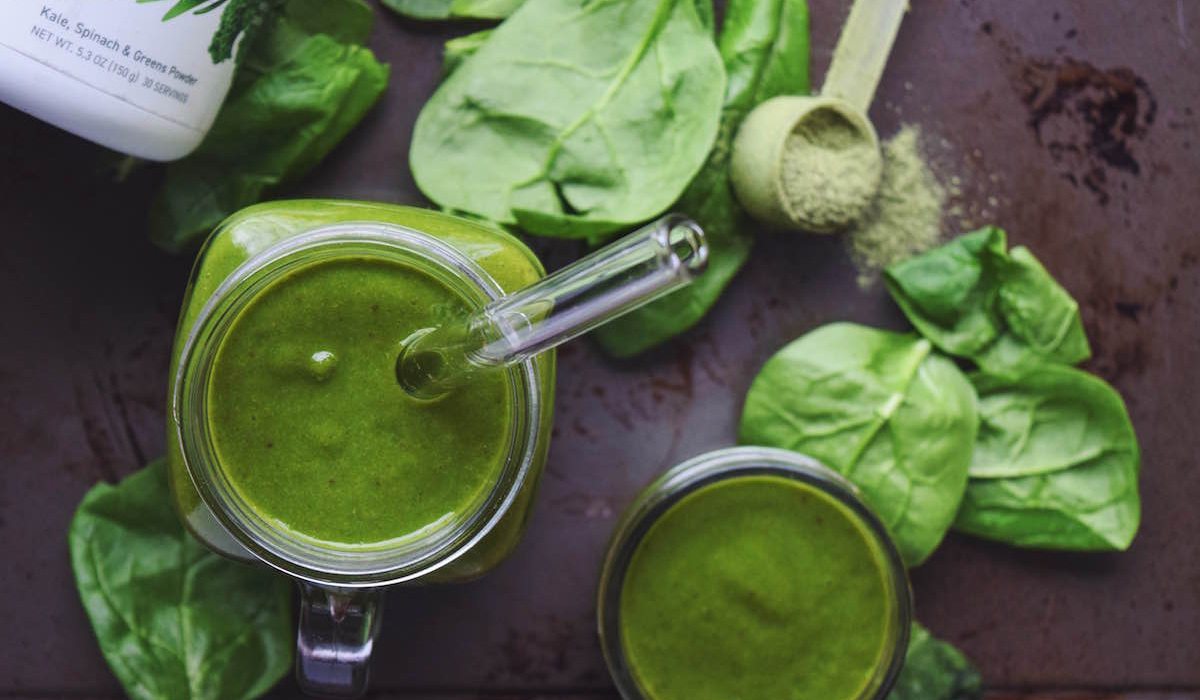Why do we Need to Eat Greens?

Your mother told you to eat your greens and theres good reason why.
When people talk about greens, people mean leaves. Green leaves, think spinach, kale, parsley.
One of the main reasons to eat greens is for their vitamin and mineral content. Greens offer a super convenient, nearly non-calorific source of some of the hardest to obtain minerals – specifically magnesium, calcium, potassium and manganese. Why do we need those minerals?
Magnesium
Magnesium is one of the essential dietary minerals and the second more prevalent electrolyte in the body. Surprisingly deficiencies are relatively common in the developed world since the modern diet often does not include many good sources of magnesium such as nuts and, you guessed it, greens. A deficiency can lead to raised blood pressure and reduced insulin sensitivity.
Numerous studies have show magnesium to be effective in reducing blood pressure and some studies have shown it to be effective in increasing aerobic capacity in athletes1 and even muscle oxygenation2. Spinach is among the best sources of magnesium per mg.
Calcium
Everyone knows you need calcium for your bones and milk is a great source right? Kind of. What a lot of people don’t understand about calcium is it’s role as an acid buffer. Protein rich foods, such as milk and dairy, produce acid when metabolised. Since the body cannot tolerate a change in blood pH our bodies must buffer this effect and do so with either sodium or calcium. When sodium is used up calcium is taken from the bones. It is this (as well as a few other things like calcium:magnesium ratio) that make dairy not such a great source of calcium. So if you are Vegan or dairy free, do not fret.
Vegetables, pulses, nuts and whole grains provide good quantities of both calcium and magnesium.
Potassium
Potassium’s main role is with sodium in maintaining water balance. The more salt (sodium) you eat the more potassium you need. With todays heavily salted low vegetable/greens diets its not hard to see how deficiencies arise. Go easy on the salt and up your vegetable intake.
Fruits, vegetables and whole grains are all rich in potassium.
Manganese
No one ever mentions Manganese! But it’s involved in many enzyme systems in the body and particularly critical to SOD which acts as an anti-oxidant helping to disarm free radicals. Manganese is also involved in the formulation and health of cartilage – one of the first signs of a deficiency is joint pain.
Best sources are tea, nuts, seeds, whole grains and tropical fruit.
 |
Damian Co-Founder | Form |
1 http://www.ncbi.nlm.nih.gov/pubmed/9794094
2 http://www.ncbi.nlm.nih.gov/pubmed/9794094


















